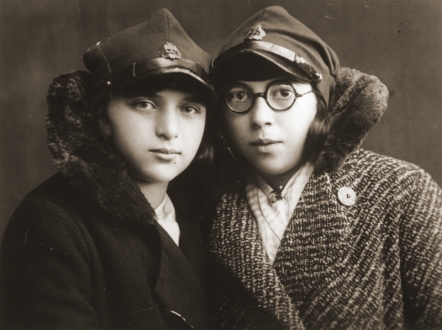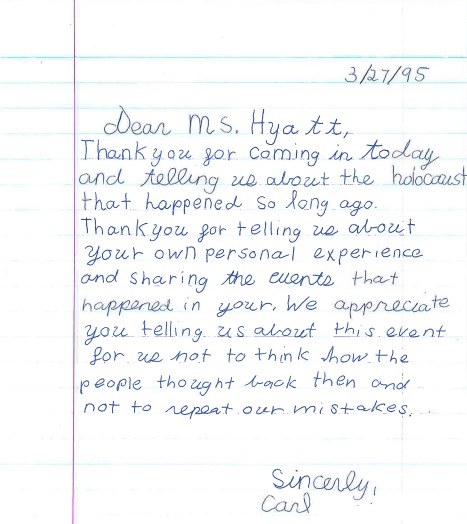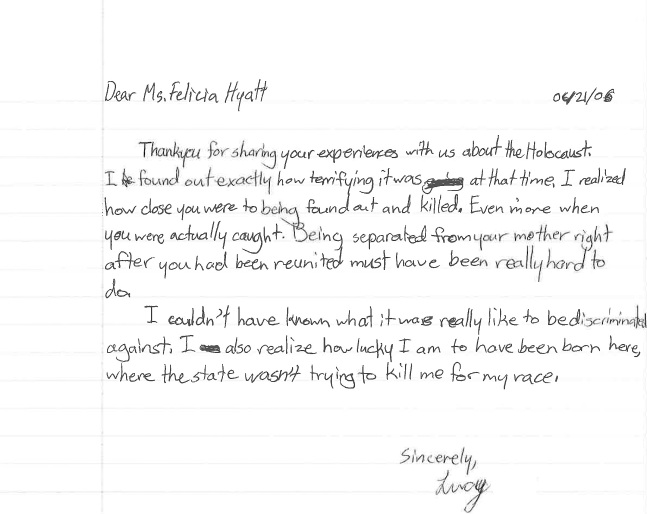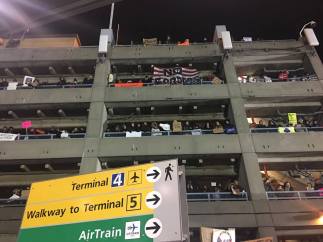By Saira Khan
I was 13 years old when I first read something from my father’s book shelf. “Blasphemy,” by Tehmina Durrani, is a novel about the abuse and brutalization of Heer, a young Muslim woman, at the hands of her cleric husband, Pir Sain. At one point, Heer is forced into getting an abortion. It was my first literary encounter with abortion and Durrani’s words about Heer losing control over her body have stayed with me ever since. She helped shape who I am and what I believe in.
I can’t remember a time when I didn’t see a book or a newspaper in my father’s hands. When I was a child, and we lived in New Jersey, his Sunday morning ritual included sitting on our stoop with a warm cup of chai to read The New York Times beginning to end. He encouraged me to read from his collection. Often, the books were about women: “A God of Small Things,” by Arundhati Roy, Benzair Bhutto’s biography, and Thomas Hardy’s “Tess of the D’urbervilles.” Books and my father went hand-in-hand. Then, about six years ago, he began losing his eyesight.
***
My father, Afzal, was born in the town of Lucknow, in India, in 1948, shortly after the partition. His family—including four siblings and two parents—relocated to Karachi, Pakistan, when he was still a baby. His father (my grandfather) was a schoolteacher by passion and by trade. Literature was a big part of their lives. “It wasn’t just reading the books that we enjoyed. We needed to talk about them. We debated them all the time,” my father told me. This is a ritual he carried on with his own family. When I was younger, and still lived at home, conversations about what we read would ultimately lead to conversations and politics and religion. It wasn’t uncommon for us to be at the table for two hours.
Much of the literature my father consumed was from progressive Pakistani and Indian writers, from the prose of Saadat Hasan Manto to the poetry of Mirza Ghalib to the early feminist works of Ismat Chugtai and Qurratulain Hyder. “There’s one writer we talked about a lot at home,” my father told me about his adolescence. “Noon Meem Rashid, he was always a prickly subject. We’d have so many debates about him! It was great.”
“Before I ever considered moving to America, I found so much of the world in these books,” he told me. “There was a time when I was obsessed with Russian literature and poetry. ‘And Quiet Flows the Don’ was one of my favorites. Which, by the way, I read in Urdu. That’s a lost art, reading in Urdu. No one does it anymore. That’s a story for another day, I suppose.” He always preferred reading in Urdu. “It’s my mothertongue, I understand it much better than I do English. And there’s a poetry in Urdu words that you just can’t find in English.”
When I asked my father if he actively chose feminist literature to stock his bookshelves with, after we were born, as a way of imparting wisdom on his three daughters, he laughed. “I couldn’t even fathom your existence when I first started these!” Literature opened a window into a world that he says people didn’t, and still don’t, talk about. “Take Chugtai, for example, she was writing about what life for women was like, socially and sexually. And Manto, he wrote about the rape of women and children during the Partition,” he said. “This is why it’s such a shame that you can’t read Urdu,” he said addressing me. “These books in English had an effect on you, imagine what Chugtai’s words could have done!”
“I guess you could say reading was a big, big part of my life,” he said. “I guess you could say I wouldn’t be who I am if I hadn’t read what I did.”
***
My father is an insulin-using diabetic. So I can’t say we were truly surprised when, in 2010, he started losing his vision: macular edema, the loss of sight due to a buildup of fluid in the retina, is a common complication stemming from the disease. He underwent cataract surgery to correct it, but it barely helped. “Apparently the surgery wasn’t a success. I don’t remember what exactly happened but my eyesight was still poor. ” Over the years, he has sought all forms of treatment: another surgery and various types of glasses. “Sometimes I’d think it was getting better but then my vision would just get progressively worse,” he said.
Since then, his vision has only gotten worse. By 2011, he could no longer read regular print books. When it became apparent that he would no longer be able to consume the words he wanted to, we turned to audiobooks. I got him Walter Isaacson’s book about Steve Jobs on tape. “There is no fun in it,” he told me back then and again when I asked him about it this week. “I like to see and read. What’s the point if someone else is putting the images in your head? I’d rather watch a movie.” But even that has become cumbersome. Much of the images he sees are blurry and disrupts the flow of the film or show. And while he never complains to us directly, when he asks one of us to explain what’s going on in the movie because “I can’t see it properly,” my heart aches for him. To lose such an important part of yourself, something we all take for granted, that has been there since many of us were born, must feel debilitating. But I don’t know how it effects my father because he refuses to talk about it. Though I’ve pressed him on it many times, he brushes it off as a natural part of growing old.
***
Before he started losing his sight, my father amassed a large book collection, the same collection I’d peruse as a teen. Bookshelves were always a staple in our home. These books had long and healthy lives. The ones in Urdu had been acquired in Pakistan in the 1960s and travelled with him to Chicago, New York, New Jersey, and Maryland. During this time, the collection grew to include books in English. Geoffrey Chaucer. Khalil Gibran. Leo Tolstoy. And many more that I can’t recall. My parents moved back to Pakistan in 2014 and when I went to visit in early 2015, there was no book shelf to be found in their home. “We donated them to a mosque before we left,” my father told me. “What’s the point anymore of lugging them around from one corner of the world to another? They’re better off actually being read. There they’ll be cared for.”
A few days ago, while speaking with him for this story, I asked him if he misses his books, and more importantly, misses reading them. He told me all was not lost. “I can read some short news article on my laptop if I adjust the font enough. If it’s something short it doesn’t hurt my eyes,” he said. “Listen, this is just something I have to live with now,” he said when I asked more pointedly if he misses consuming literature the way he knew how to. “I don’t miss it anymore. Not now. Not anymore. Now, I know I cannot read them, so I don’t even miss them.” I don’t know if he was trying to convince himself or me but I don’t think either of us believe him.

















